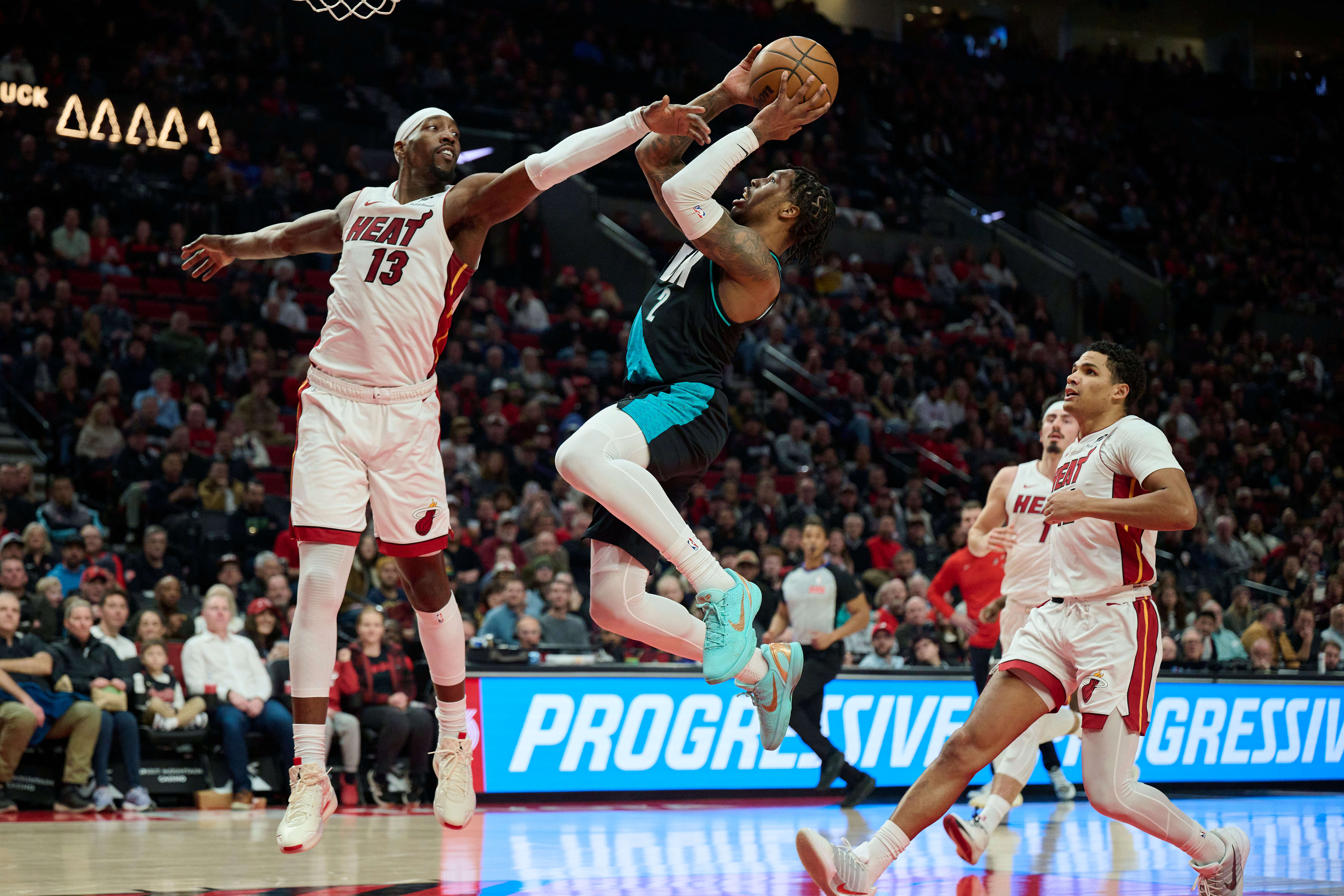The decision handed down by the U.S. Supreme Court late Wednesday afternoon in the Florida sports betting case was good news for the Seminole Tribe, with – maybe – a bit of bad news sprinkled in by Justice Brett Kavanaugh.
First, the justices chose not to grant West Flagler Associates and Bonita-Fort Myers Corp. a stay on the U.S. Circuit Court of Appeals decision that overturned a lower court’s ruling to throw out the compact between the tribe and the state of Florida granting the Seminoles exclusive rights to online sports betting statewide. In simpler terms, this means the 2021 compact is back to being recognized as U.S. District Judge Dabney Friedrich abided by the circuit court’s mandate two weeks ago. Supreme Court Chief Justice John Roberts had issued a temporary stay while the nation’s top court weighed the plaintiff’s request.
With the compact back in effect, the tribe can proceed with Florida online sports betting through its Hard Rock Bet Florida app. It also can open brick-and-mortar sportsbooks at its Florida casinos and move forward with the “hub-and-spoke” sports betting network with selected parimutuel operators that can host kiosks. The Seminoles can build up to three new casinos on its South Florida reservation and introduce dice-based table games and roulette at its Class III casinos.
“The denial of the stay by the U.S. Supreme Court is very good news,” Seminole Gaming spokesperson Gary Bitner told FloridaBet late Wednesday afternoon. “The Seminole Tribe of Florida is heartened by this decision.”
Kavanaugh’s Concerns
Wednesday’s decision does not end the federal case – at least not yet. West Flagler and Bonita-Fort Myers still can file an appeal to the Supreme Court asking them to review the case, and they have stated that the appeal would be filed as soon as next month. As long as four of the nine justices agree, the court can still take up the case. And for now, at least Kavanaugh has expressed some concerns about the compact.
The justice issued a statement after the court’s decision where he said he agreed the stay should be denied because the compact allows the Seminole Tribe “to conduct only on-reservation gaming operations and not off-reservation gaming operations.” Florida officials and the tribe have argued that online sports betting occurs on tribal land because while bets may be placed anywhere in the state, the servers processing the bets are located on tribal land. That’s where Kavanaugh has some concerns.
“If the compact authorized the Tribe to conduct off-reservation gaming operations, either directly or by deeming off-reservation gaming operations to somehow be on-reservation, then the compact would likely violate the Indian Gaming Regulatory Act, as the District Court explained,” he wrote, adding that the state law codifying the online sports betting provisions “raises serious equal protection issues.”
What remains to be seen is whether other justices agree with Kavanaugh on those points. At least one gaming law expert thinks the justice’s comments could spur further legal action.
“Justice Kavanaugh’s statement could prompt West Flagler to file another lawsuit in federal court challenging the Florida statute granting the Seminole Tribe a sports betting monopoly as a violation of the equal protection clause,” Daniel Wallach tweeted Thursday morning.
State Case Update
Besides the federal case, West Flagler and Bonita-Fort Myers also have filed suit against the compact before the Florida Supreme Court. Last week, the court granted state officials an extension until Dec. 1 to file their response to the lawsuit.
Stay with FloridaBet.com for the latest on this case and gaming news happening in the Sunshine State. We will be sure to have all the best Florida sportsbook promo codes the minute they become available.






